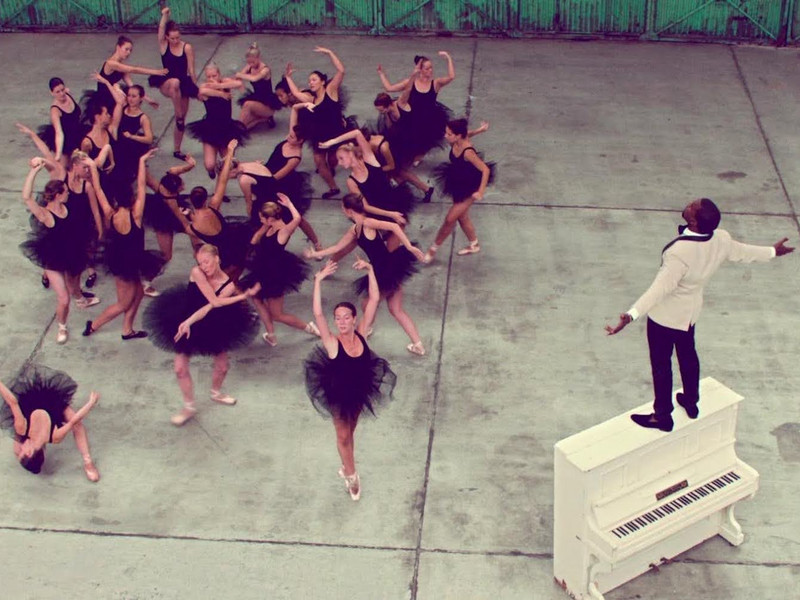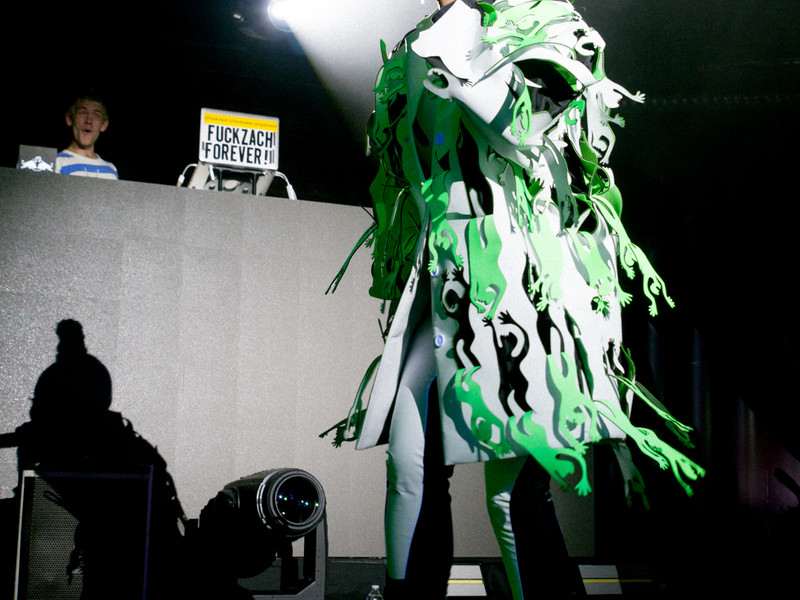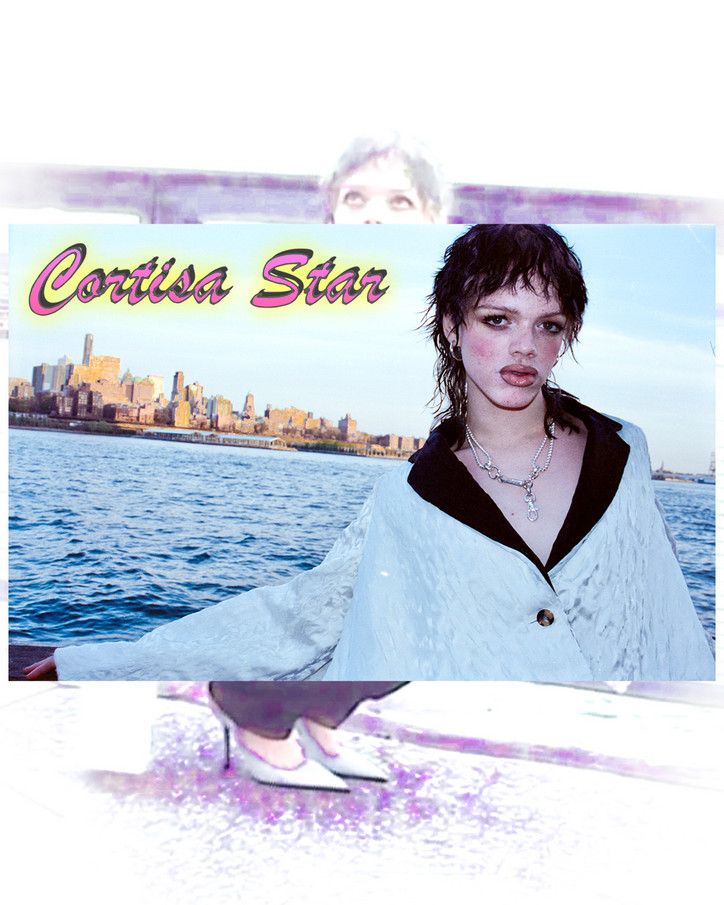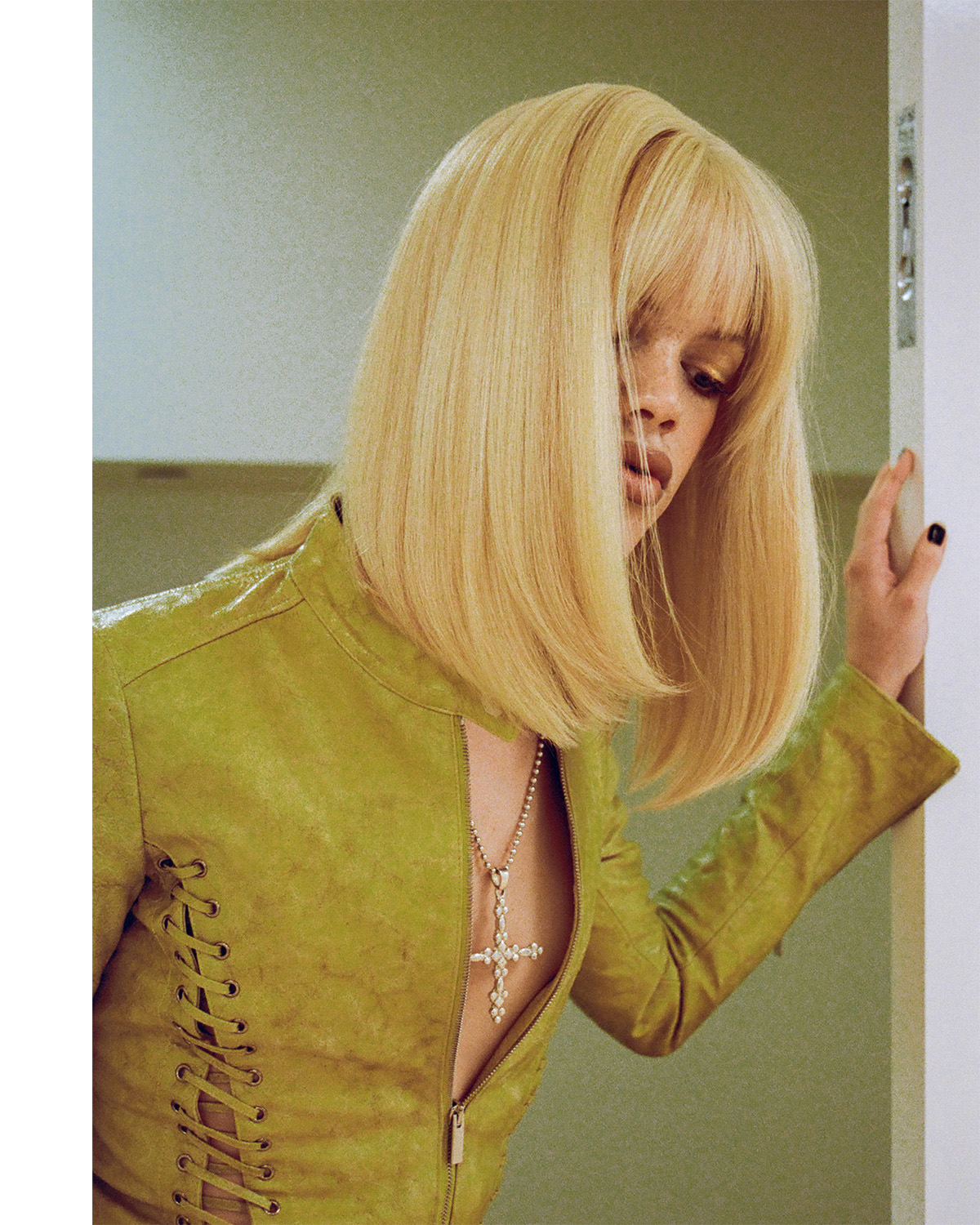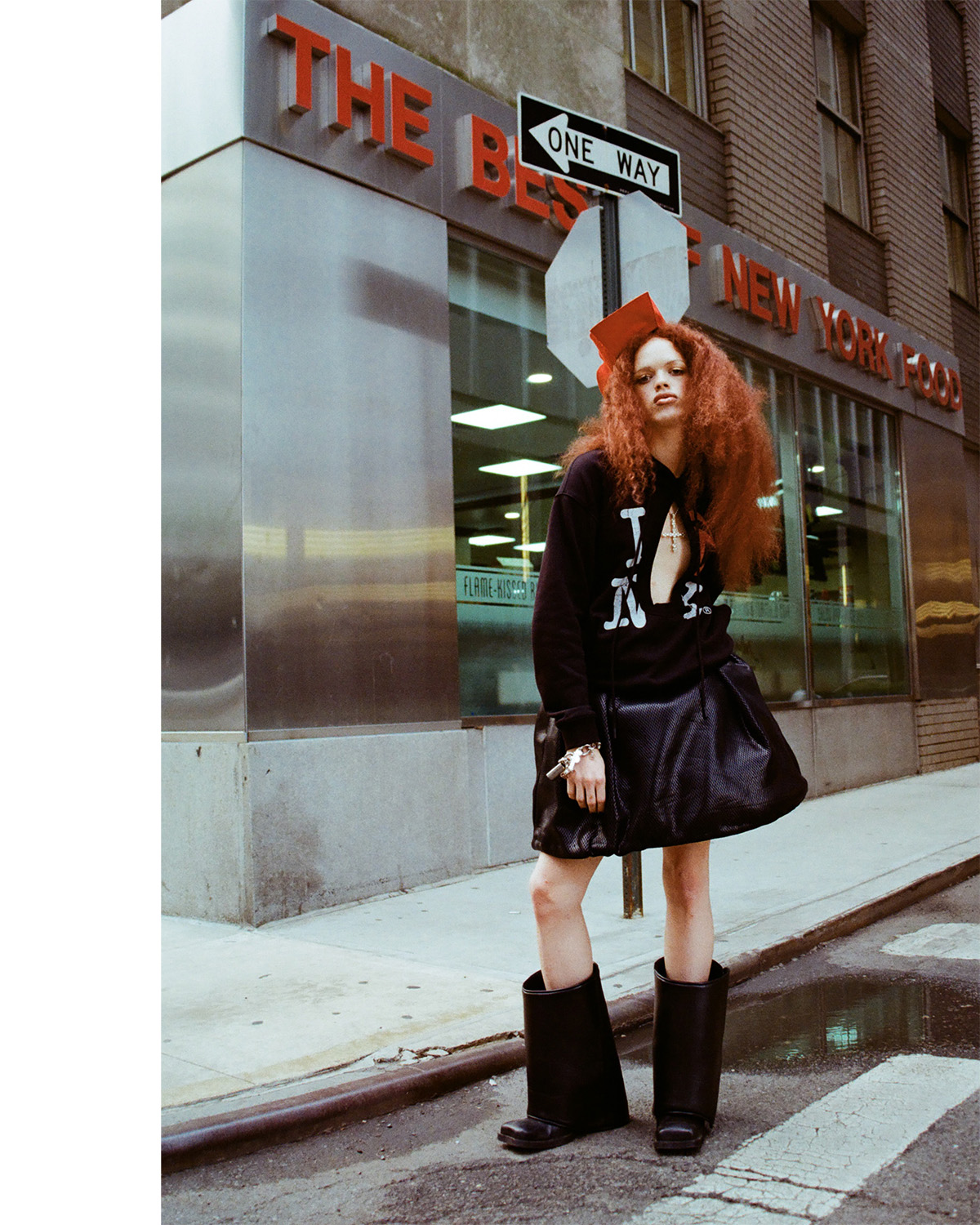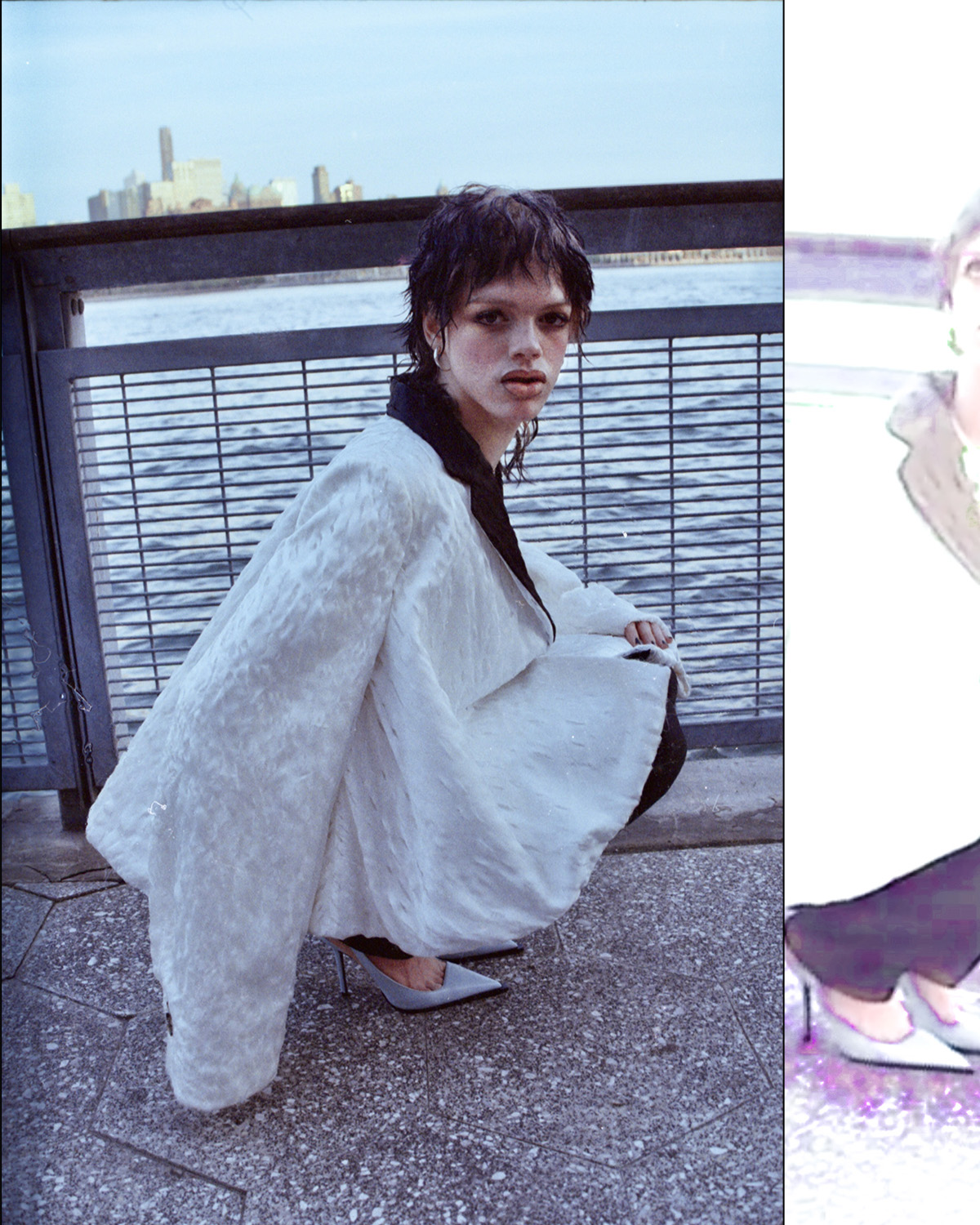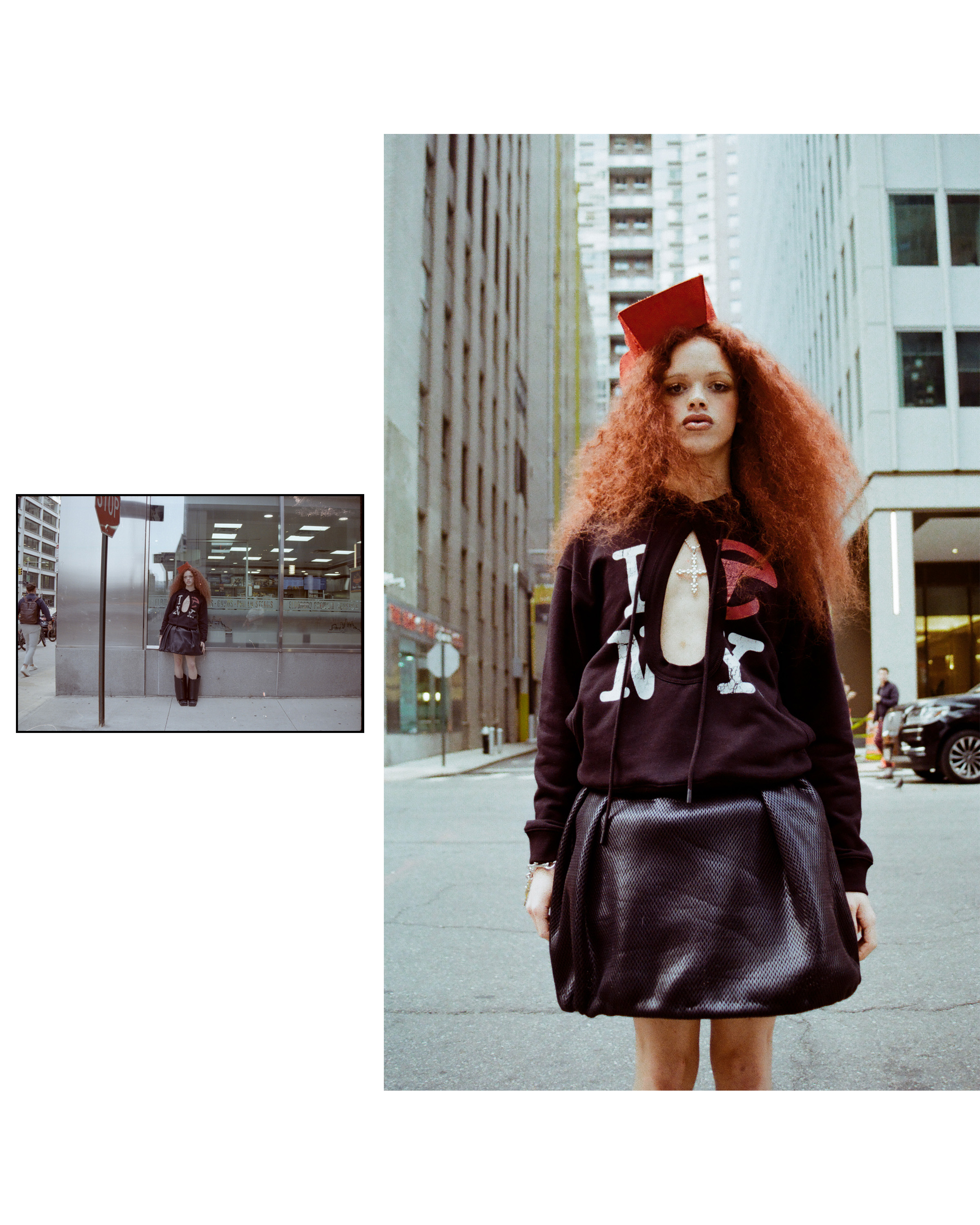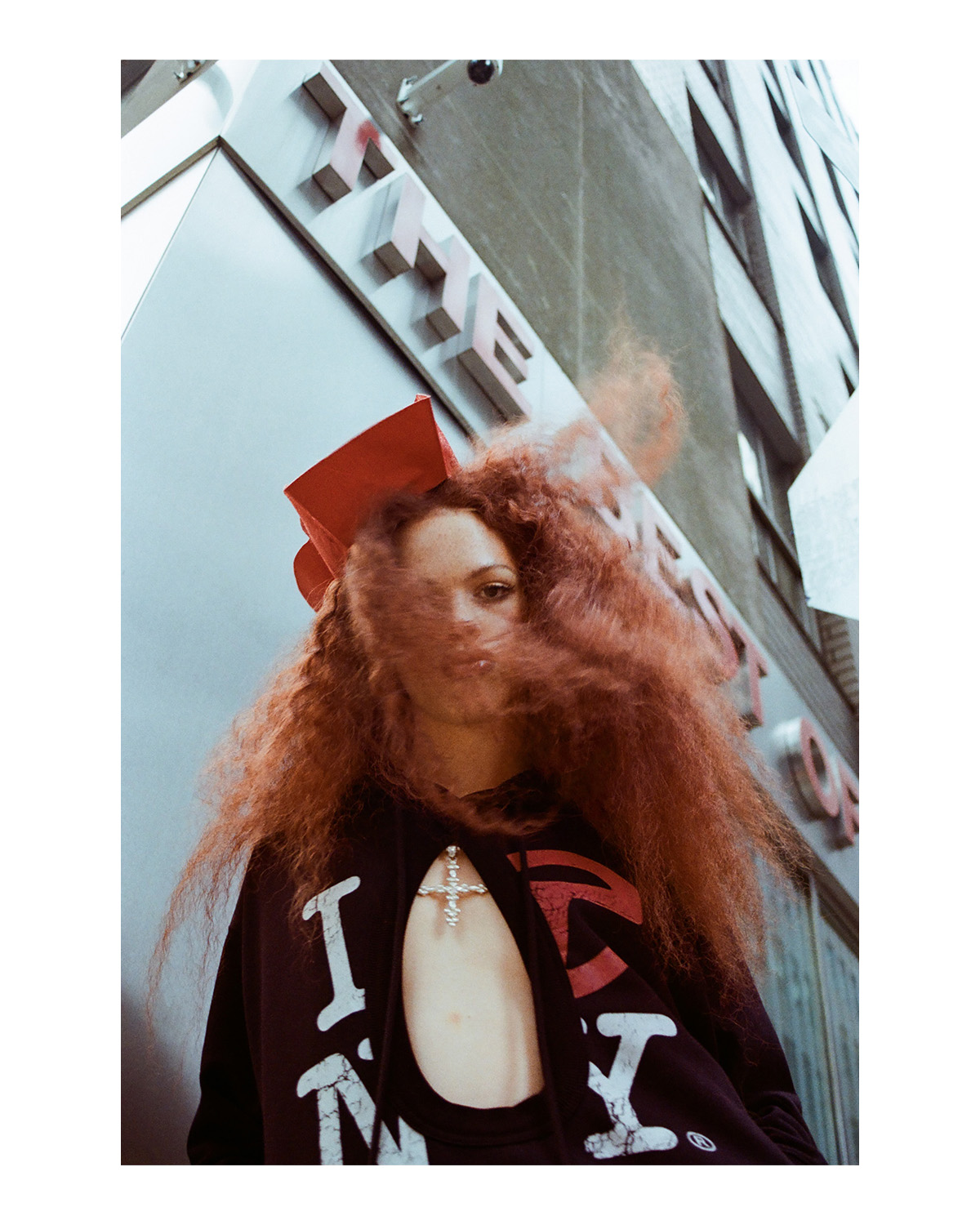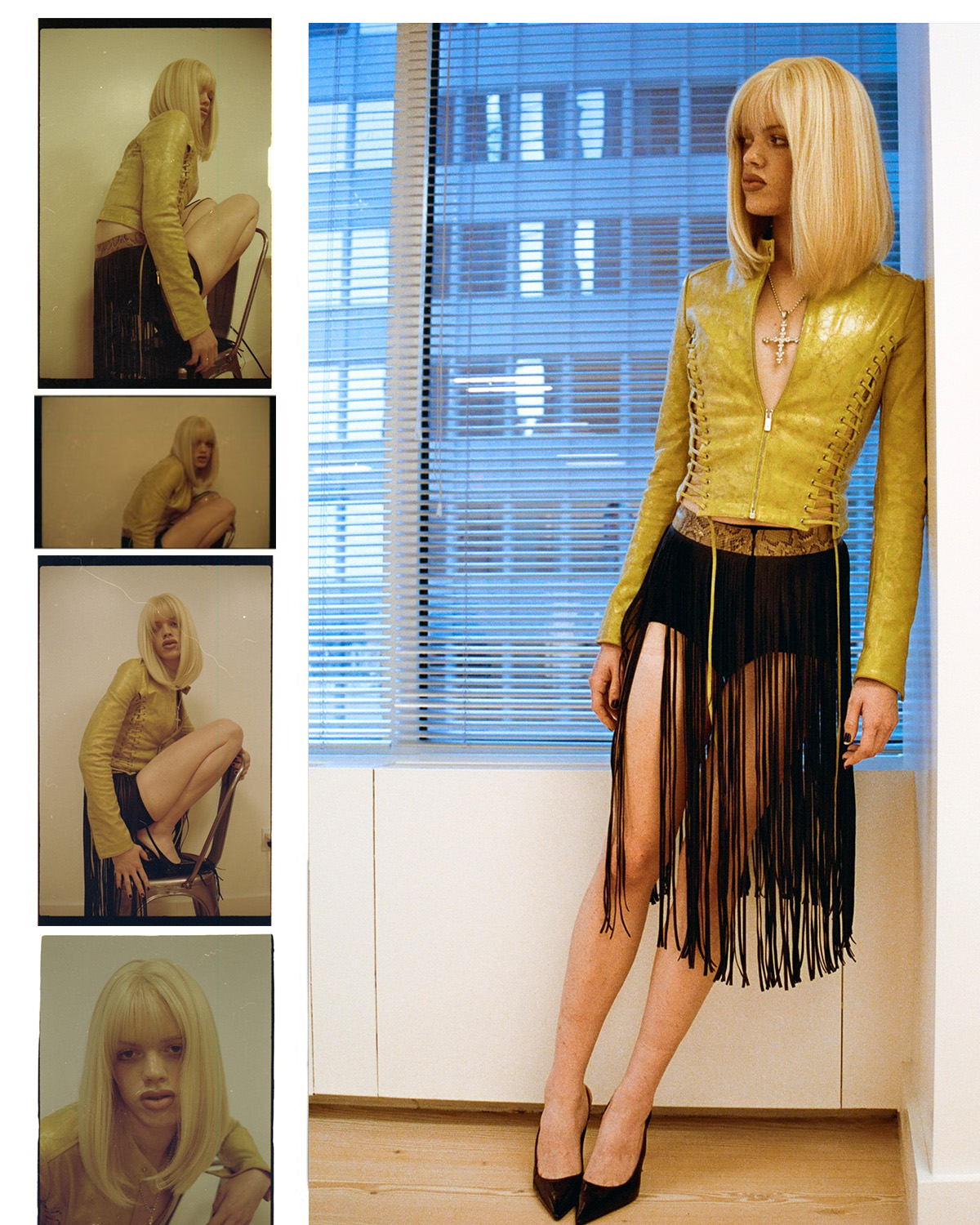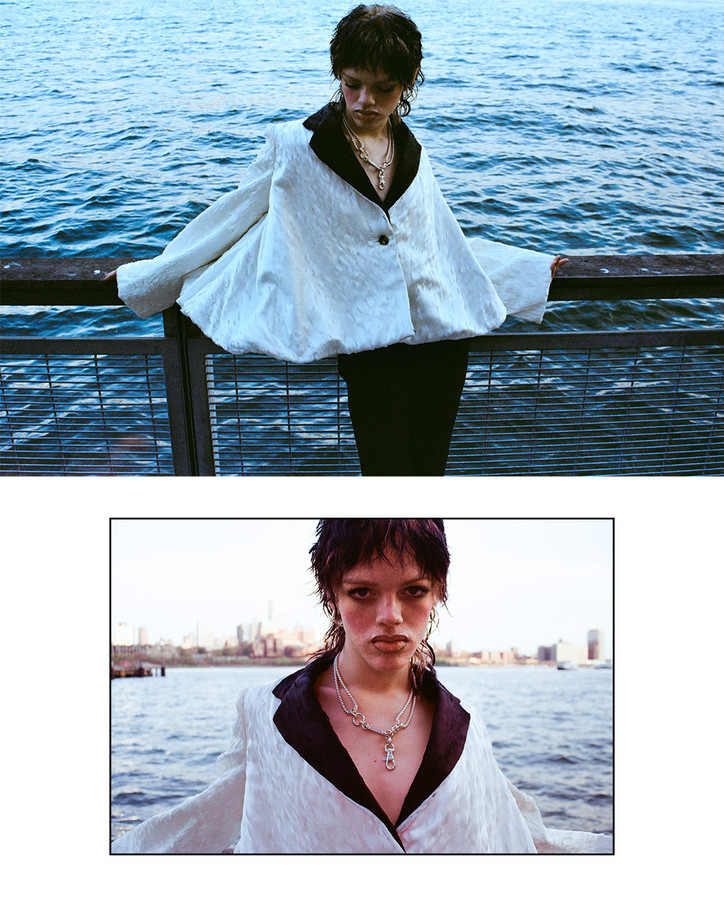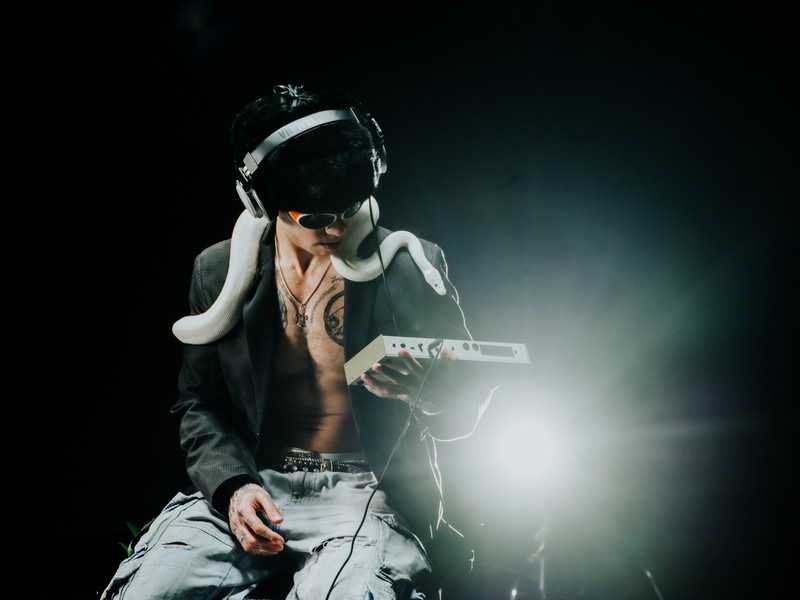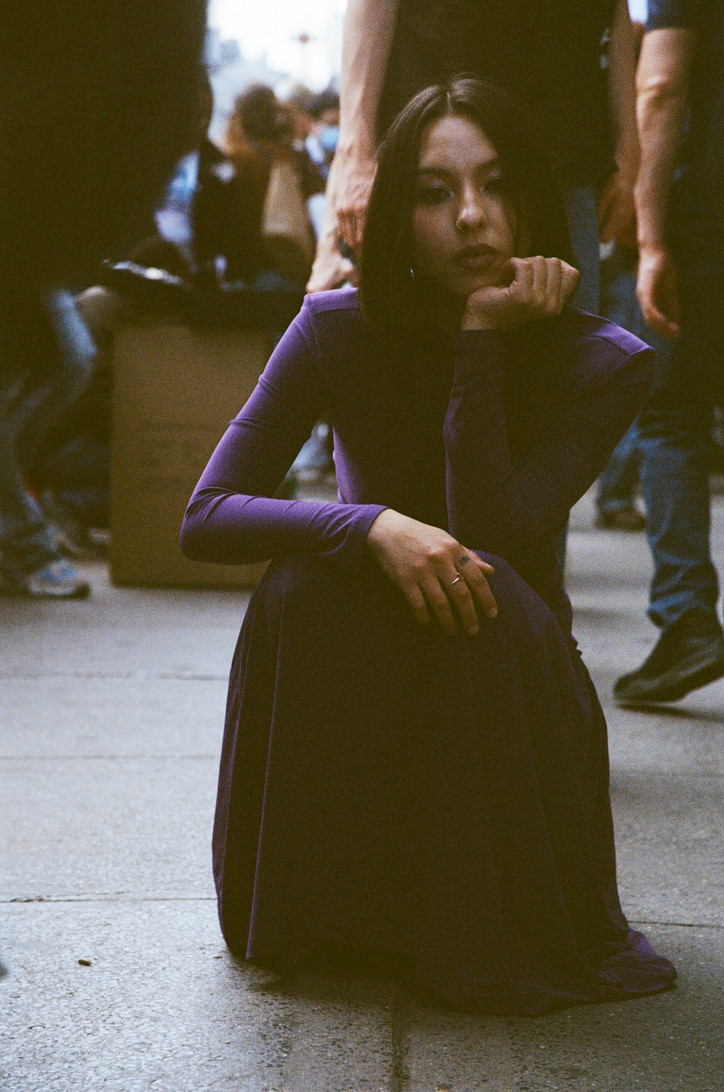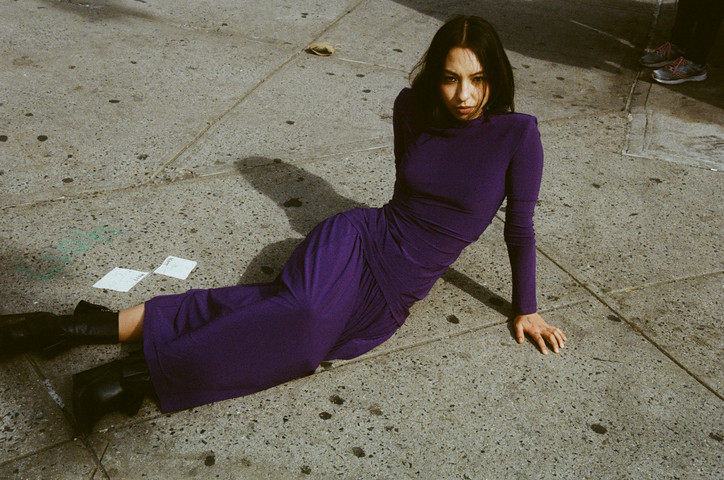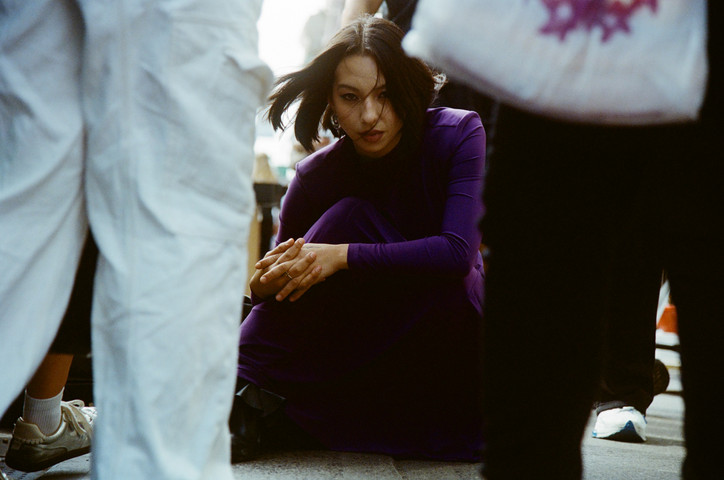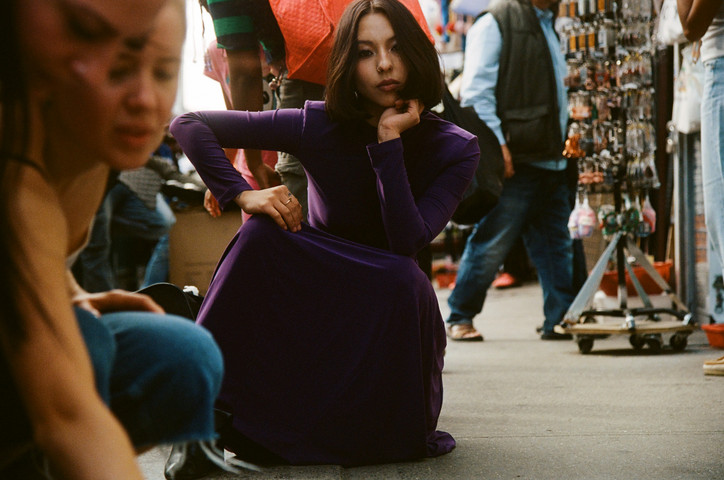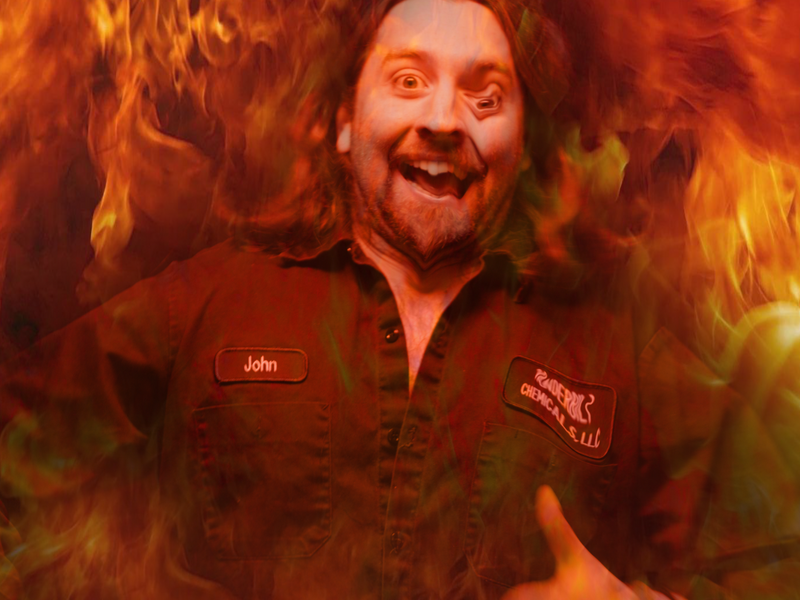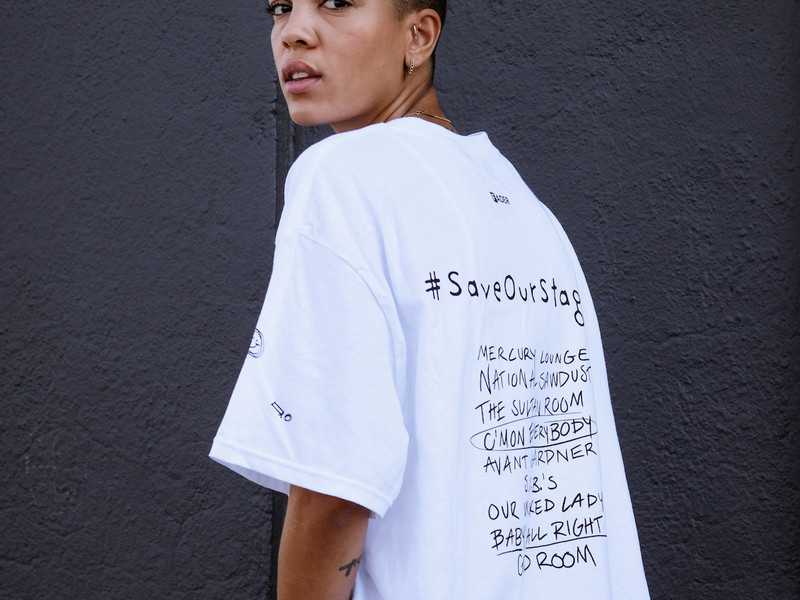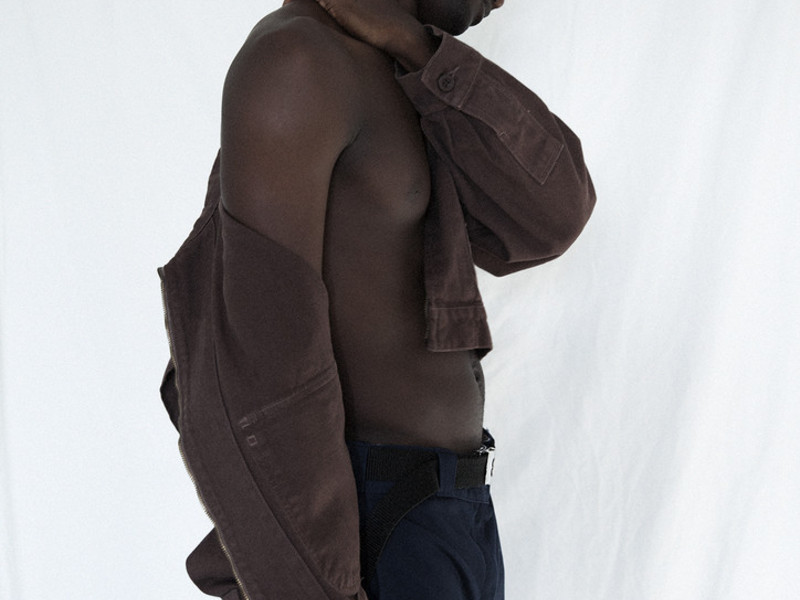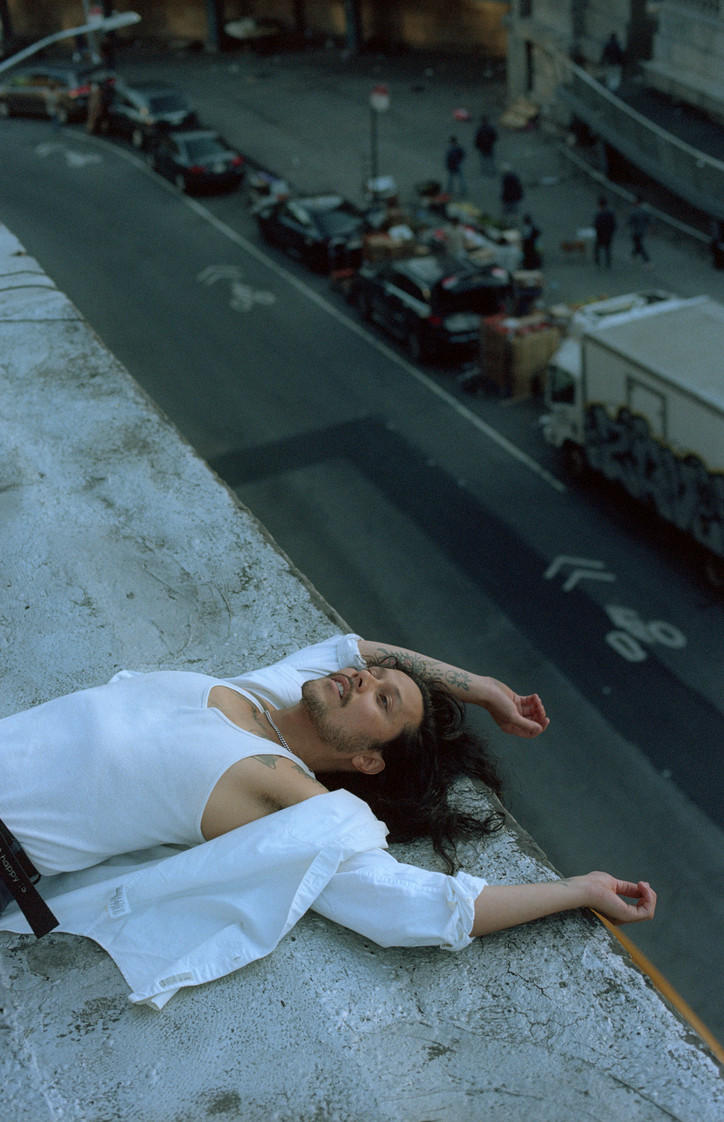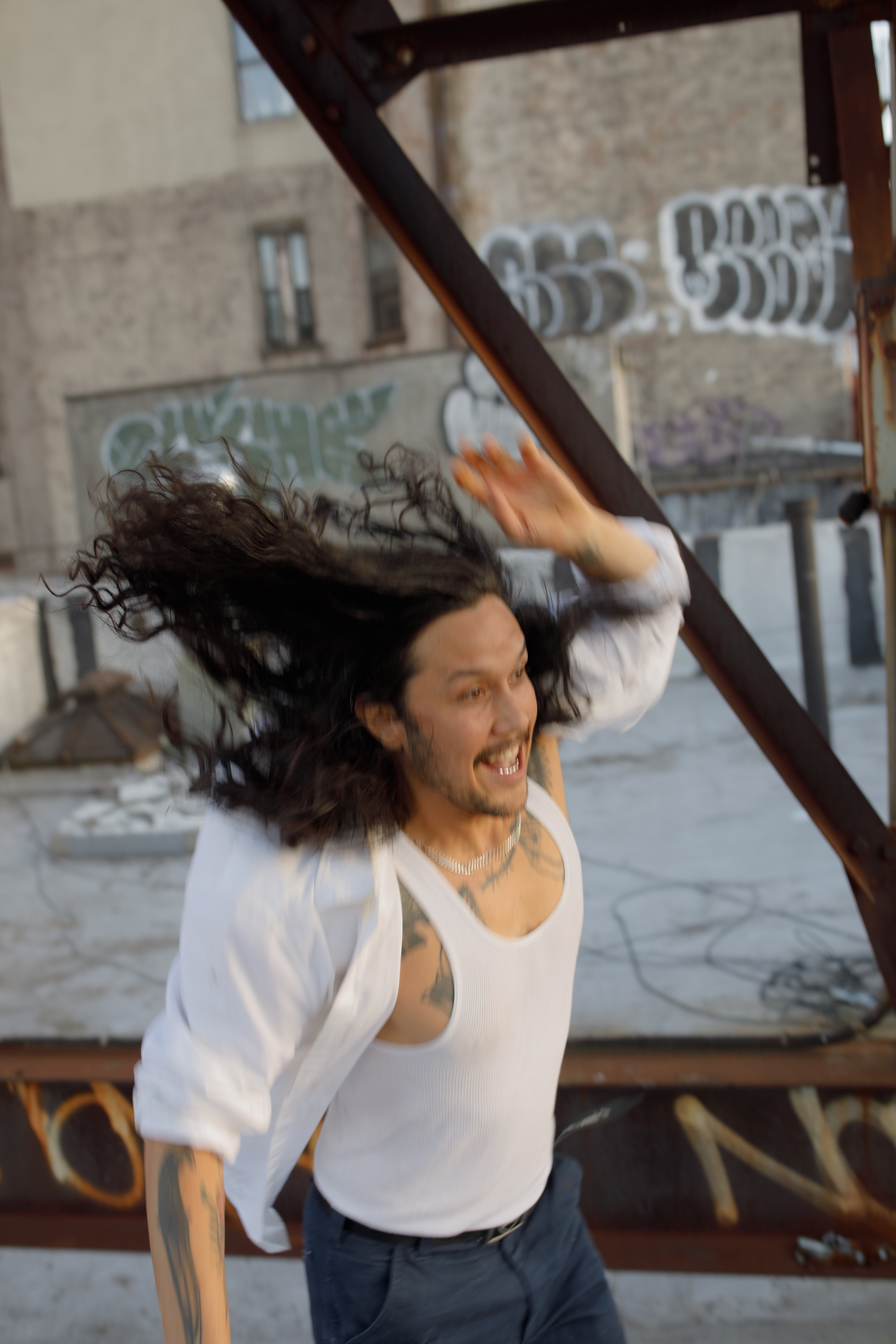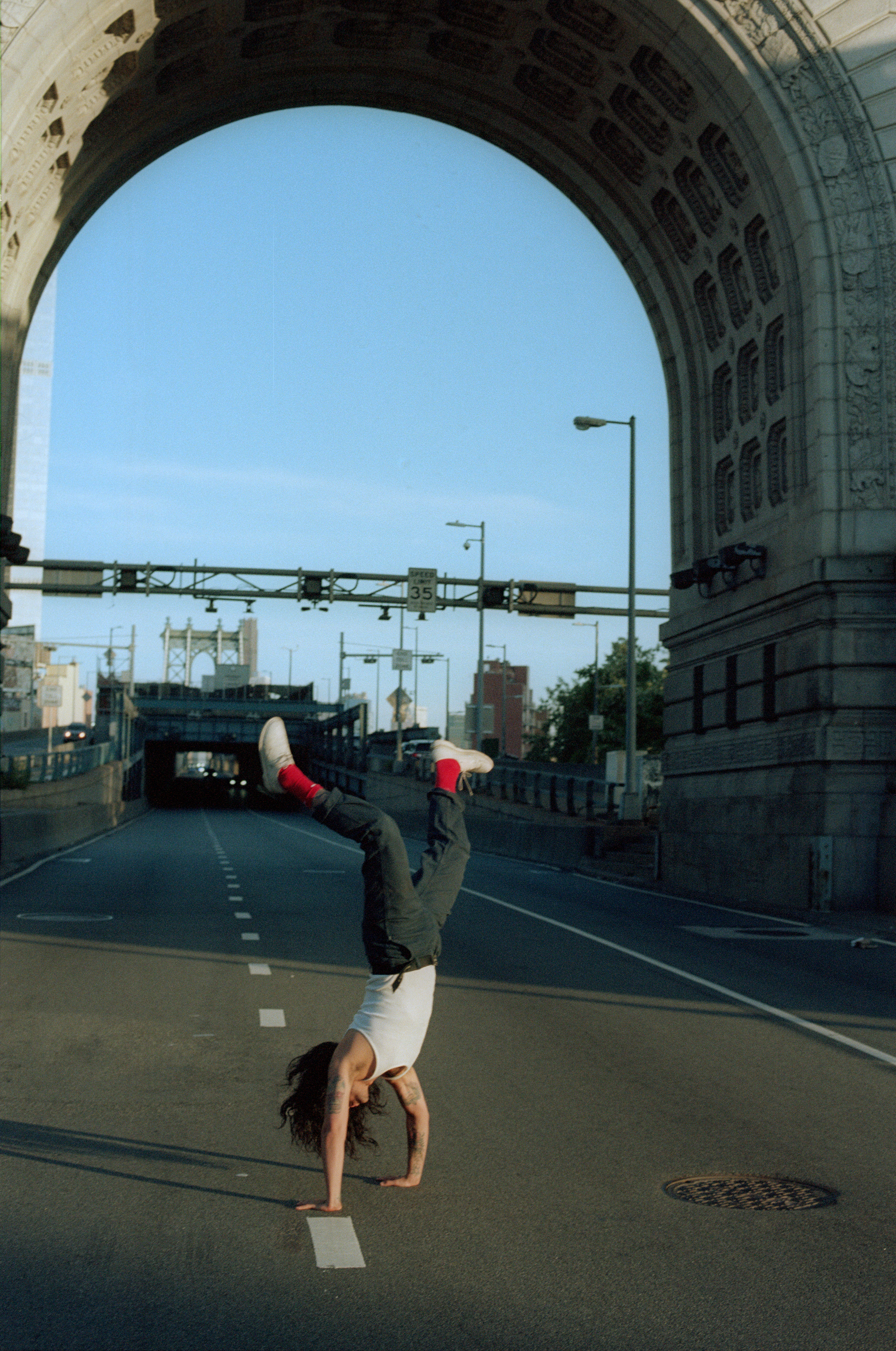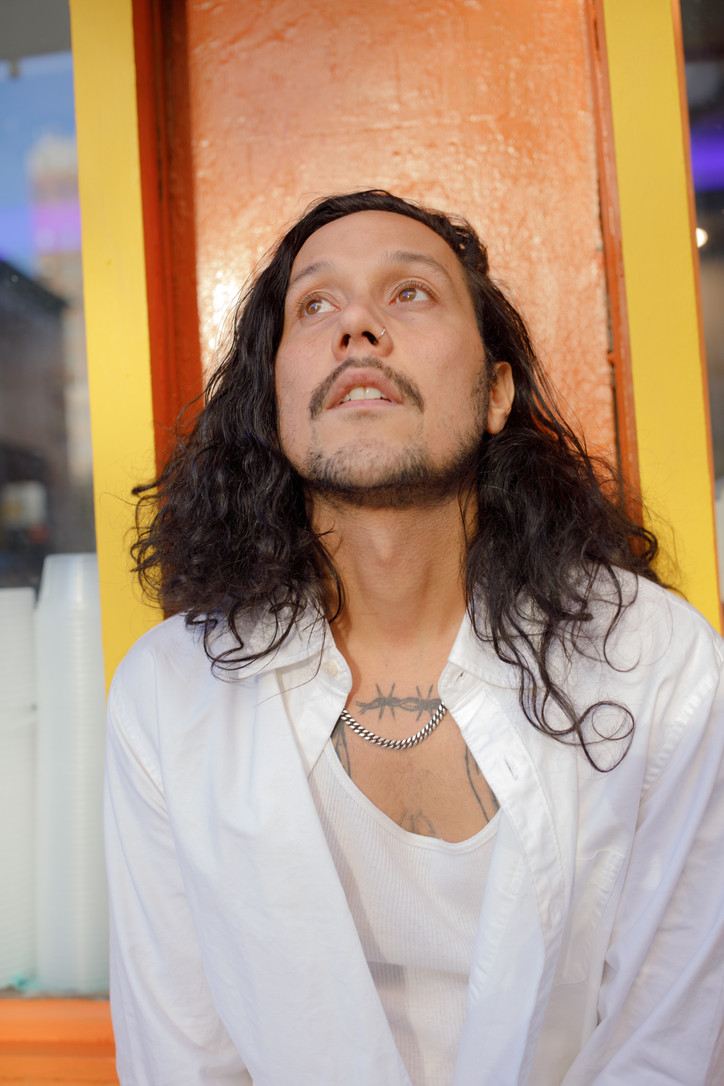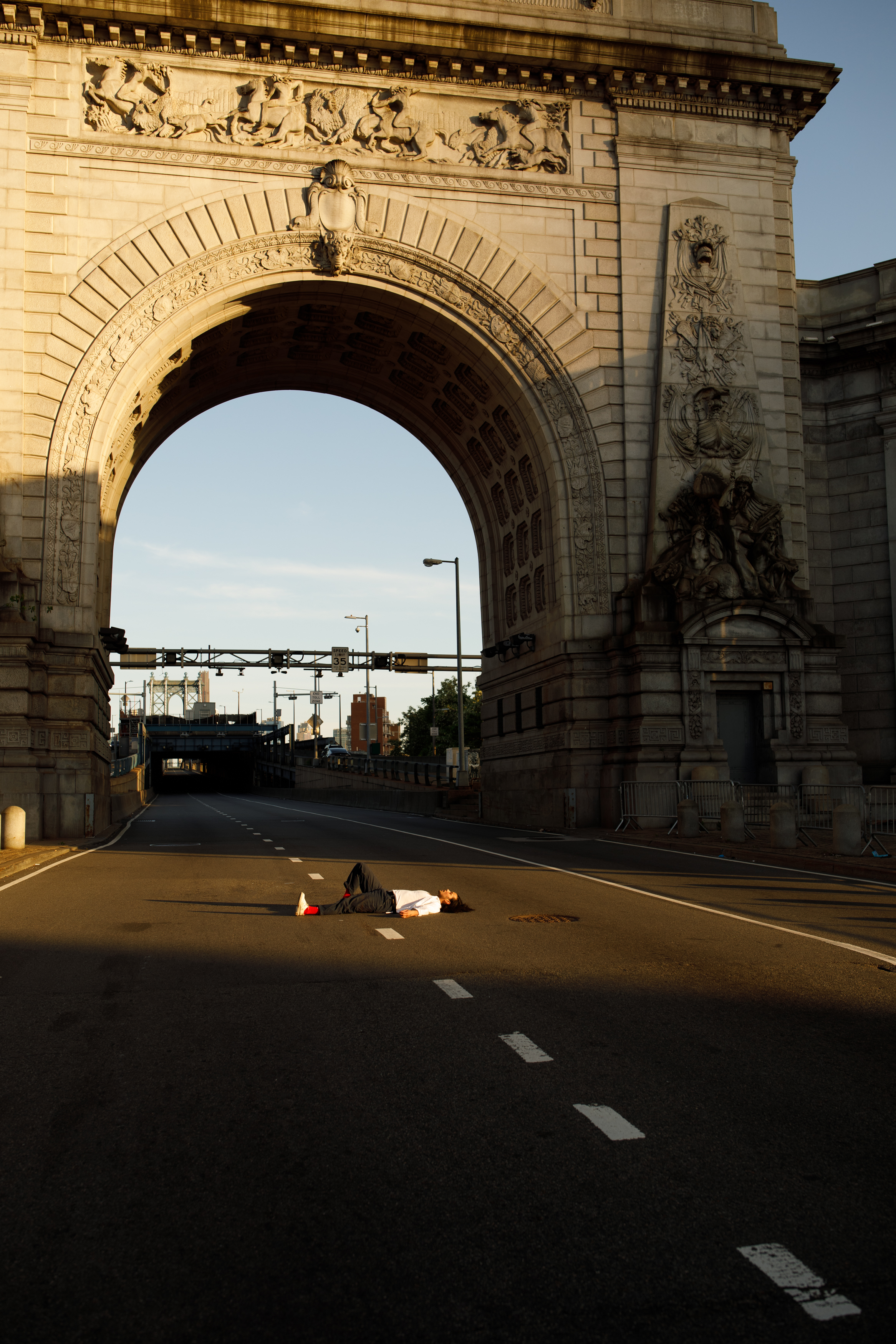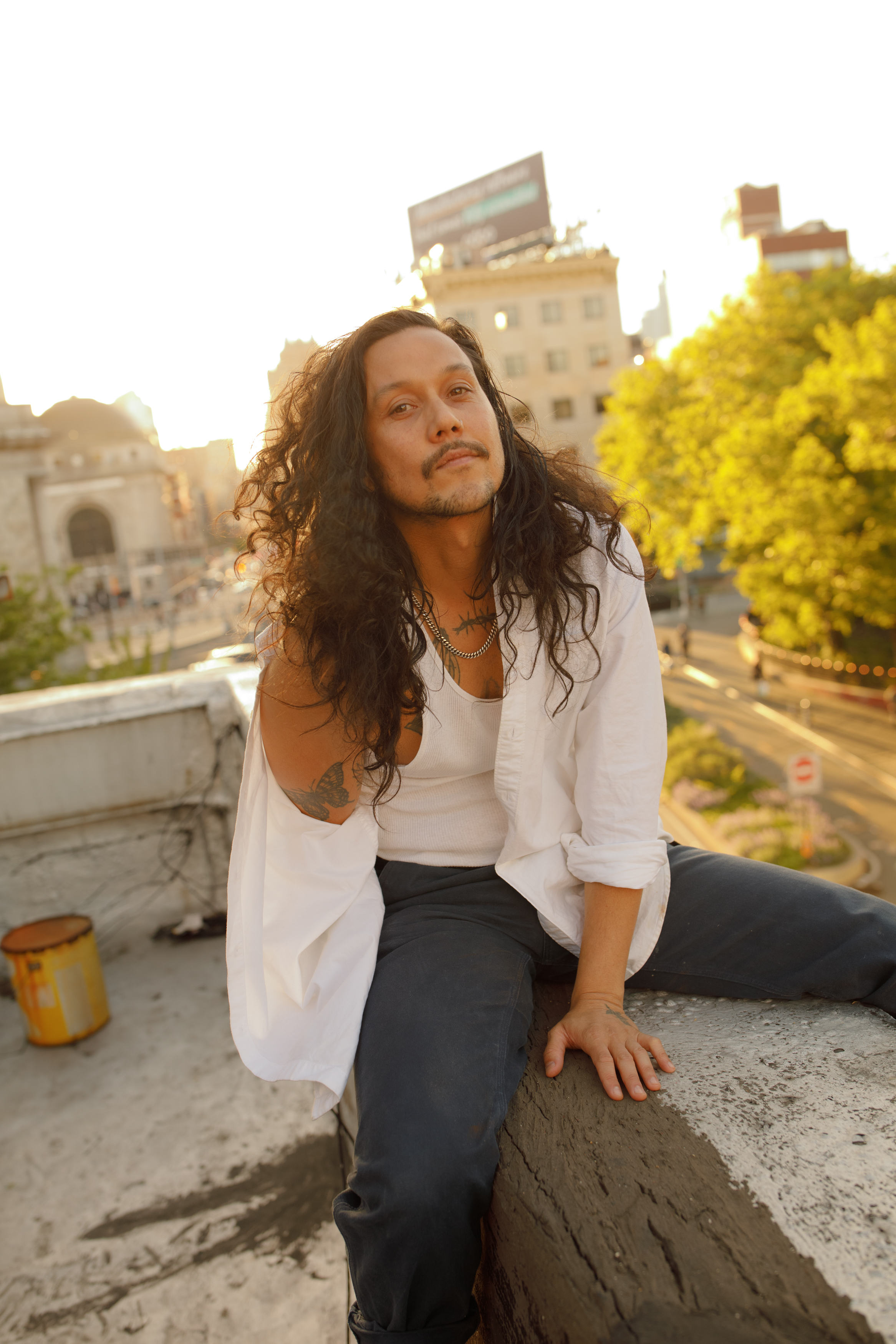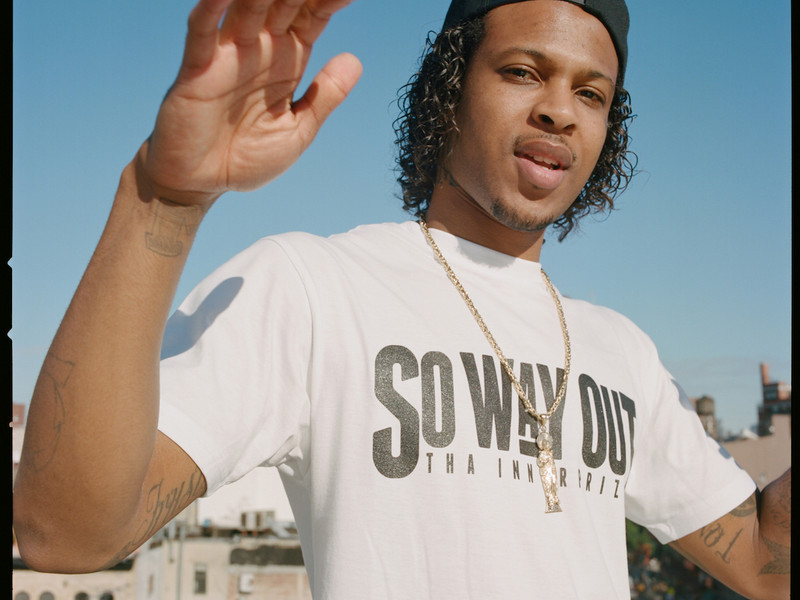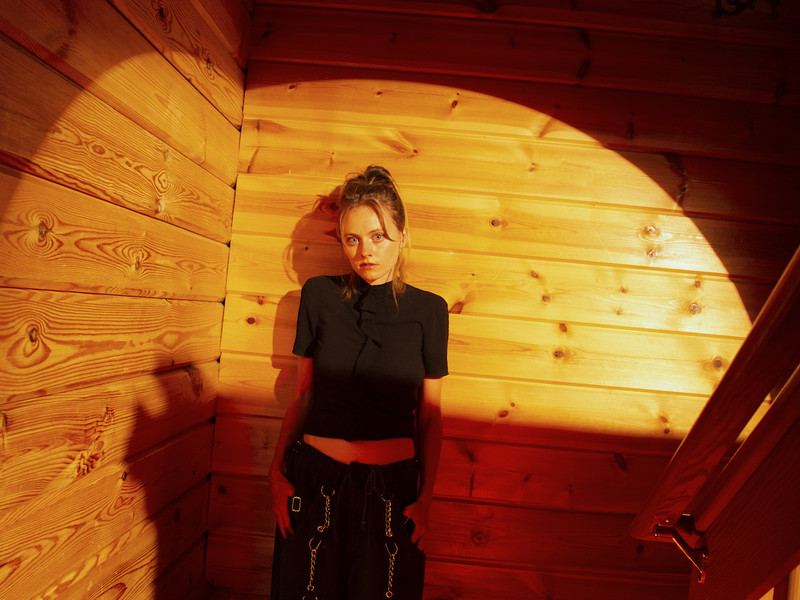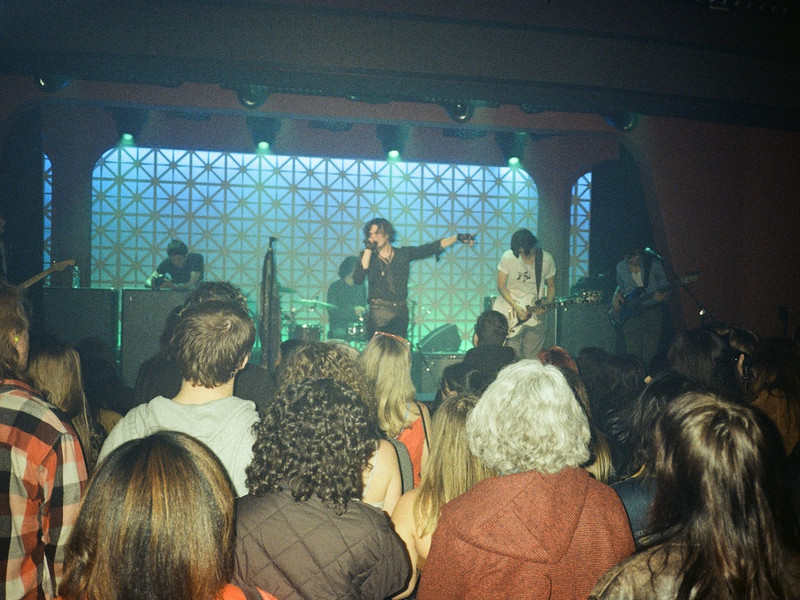The Labor of Love Injection
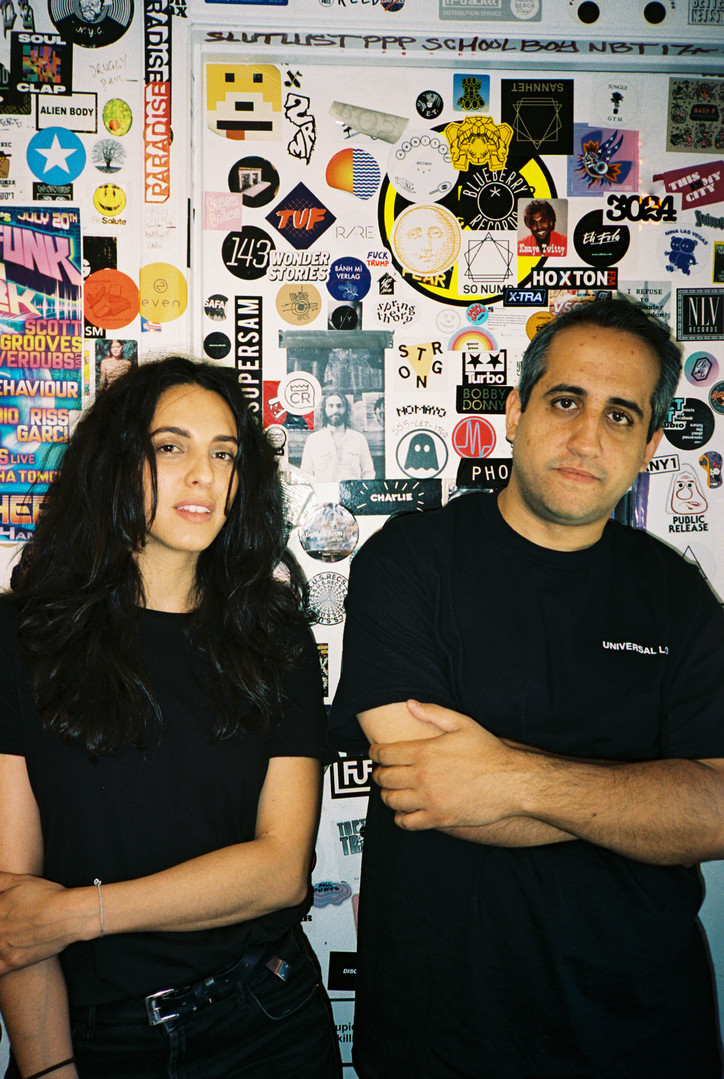
Can you tell me a bit about the fruition of Love Injection?
P—It was born in February of 2015. It started because that was the first year that Red Bull Music Academy came to town and they did these daily newspapers that I thought were really cool. I’d open it and read stories on Grace Jones and New York tales. They’d shout out the five coolest New York DJs, who were mostly all of my friends and I thought it was a really good mix of heritage and current topics. When they left town, I remembered thinking, “oh man, I wish this could continue.” So, I started exploring, getting friends and photographers to contribute, and asking friends who worked at clubs if they would take advertising to muster together the first issue. Then Barbie and I met by chance at a record store, we had friends in common and I was trying to figure out a way that I could talk to her because we also went to a lot of the same parties. There’s this really important party for us called The Loft and I had seen her there before, so I hit her up on Facebook asked her to contribute to the zine. She knew some of the organizers who were involved in The Loft, so I thought if she could get their perspective on its modern iteration and what it means to New York, and she did.
B—So a little bit shortly after we met, I started djing as well. It was perfect timing because I had a hold to throw a party and it was my first gig playing out so when he asked me to contribute to the first issue, I suggested throwing a release party. It’s been growing ever since and now we’re almost 40 issues down.
P—It’s come a long way. In the very beginning, we were doing all of the interviews ourselves and now we have multiple contributors.
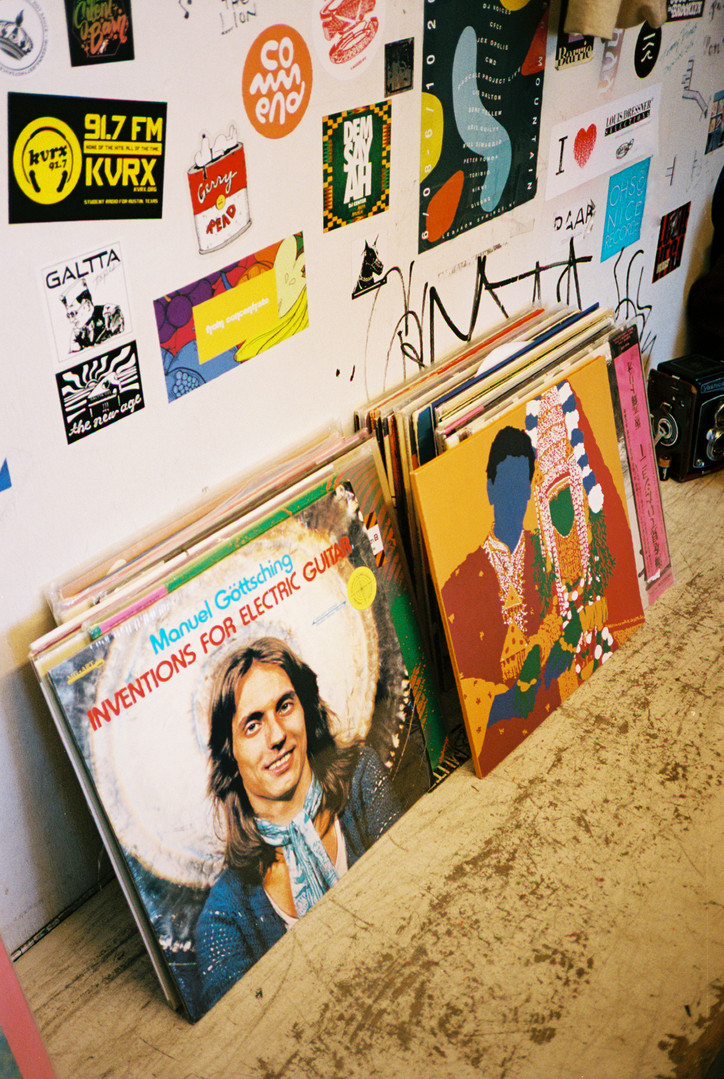
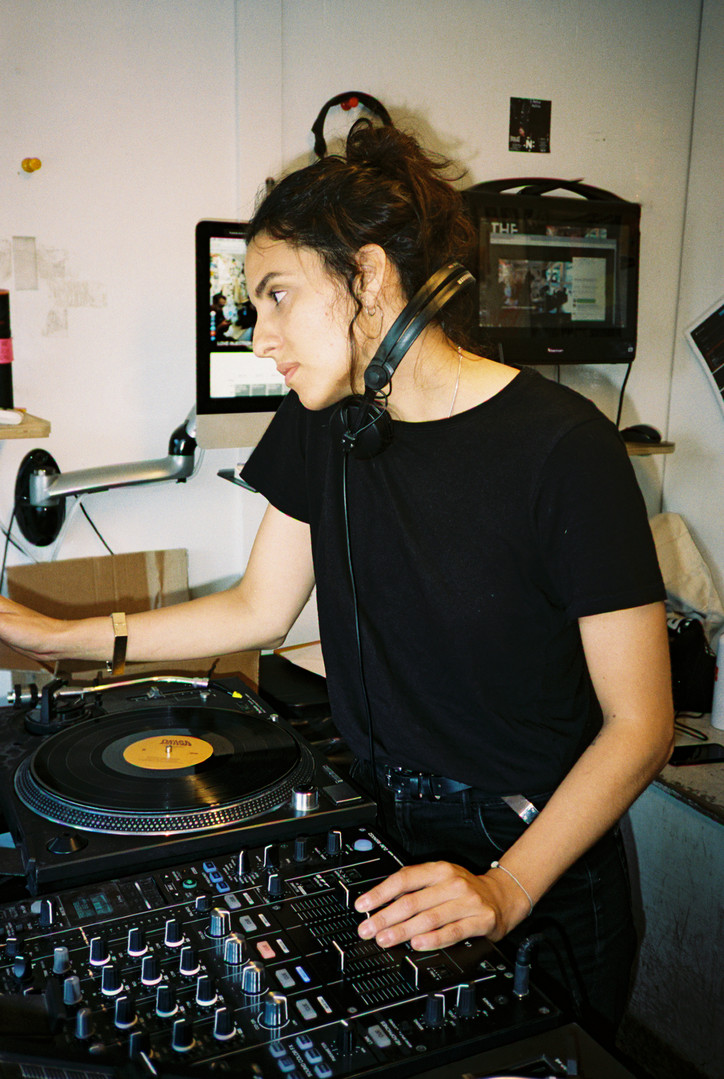
What was it like filling in all of those positions yourself when you had just started off?
P—Super stressful. I had to learn how to delegate and we very quickly brought on our friend Nik Mercer who now has a place on our masthead as editor at large.
B—I think part of the growth has been building out a small network of people who we really trust and who understand the mission behind what we’re doing. It’s very much something that requires a lot of effort on a month to month basis. But people who we can come back to, who have access to artists or who can do an interview with someone because they feel it can fit into the realm of Love Injection has been really valuable.
You mentioned a mission, how would you define your ongoing intention with Love Injection?
P—I feel like our main goal is to kind of excavate these unique New York stories would otherwise disappear. The time period that we are really interested in is the magic of the 1970s, where everything we know today wasn’t clearly defined yet. Disco music wasn’t even called disco music; it was just danceable R&B at the time. We sort of work as nightlife historians because it’s all about being a time capsule through the lens of our taste. Learning what happened back then to make sense of what is now.
B—It’s very important for us to tie in the communities’ stories of today. With the ever gentrifying, ever changing nature of the neighborhoods that surround us, we’re being exposed to new music styles and new dance clubs being born every day. But there’s some sort of breadcrumbs left from what happened before that we are still trying to piece together. Maybe 30 years down the line someone can look at Love Injection and try to figure out what was happening at this time.
I’ve heard the word “love” coming up quite often, can you explain the story behind the title Love Injection?
P—It’s a song by a band called Trussel from 1979. This party called The Loft started in 1970 by David Mancuso. He would invite people to his home where we had full control over the atmosphere and a lot of aspects of his personality were put into this space. Mismatched furniture from a lifetimes worth of just living around town, balloons that reminded everyone of their inner child. This weekly event he put on eventually became one of the most legendary parties of all time and comprise the ingredients that we see today in modern nightclubs. The Loft is still happening.
B—Love Injection is a record that we hear at the Loft that we associate with the sort of spiritual experiences that we’ve had there and that we know a lot of people have there.
P—At the end of the record, there’s this never-ending crescendo where they just keep singer higher and higher and it was just kind of like this frenzied moment that I remember where our friends and I would just sing at the top of our lungs.
B—Tying back to the word “love”, this idea of like coming together and building a music first environment that feels warm, inclusive and inviting has been something that has been on our main goal. Earlier this year, we started doing these fundraisers to help fund the production of the zine and various other projects and we decided to call it Universal Love.
You guys put such a heavy emphasis on community and I believe it was in your last issue that you talked about the recent move of nightlife from Manhattan to Brooklyn. That being said, how has Brooklyn defined your scope and changed the way you tell your story?
P—Well, The Lot radio, where we have a weekly show, was born two and half years ago. It was a real game changer for us and our development. As djs and publishers of the zine, it gave us a physical space to gather with people that we wouldn’t normally gather with. No matter what genre of music you’re into or what age you are, we all come together at The Lot.
B—Beyond what we interface with from a day to day, there are a lot of inescapable aspects to our location. The Brooklyn we stand in today is not the same Brooklyn we moved to 15 years ago. There’s no denying that sort of an ever growing number of spaces and entities that end up calling Brooklyn their home because they feel as if there are more kindred spirits here. I moved from Argentina to Miami to Brooklyn eight years ago and in the last eight years, the neighborhood has shifted in so many ways. The more positive ones that we can think of are these sort of physical spaces where a lot of crisscrossing of music and genres and culture just come together and I think that’s been the most gratifying part of being in Brooklyn. You’re constantly being turned on to new stuff by those around you.
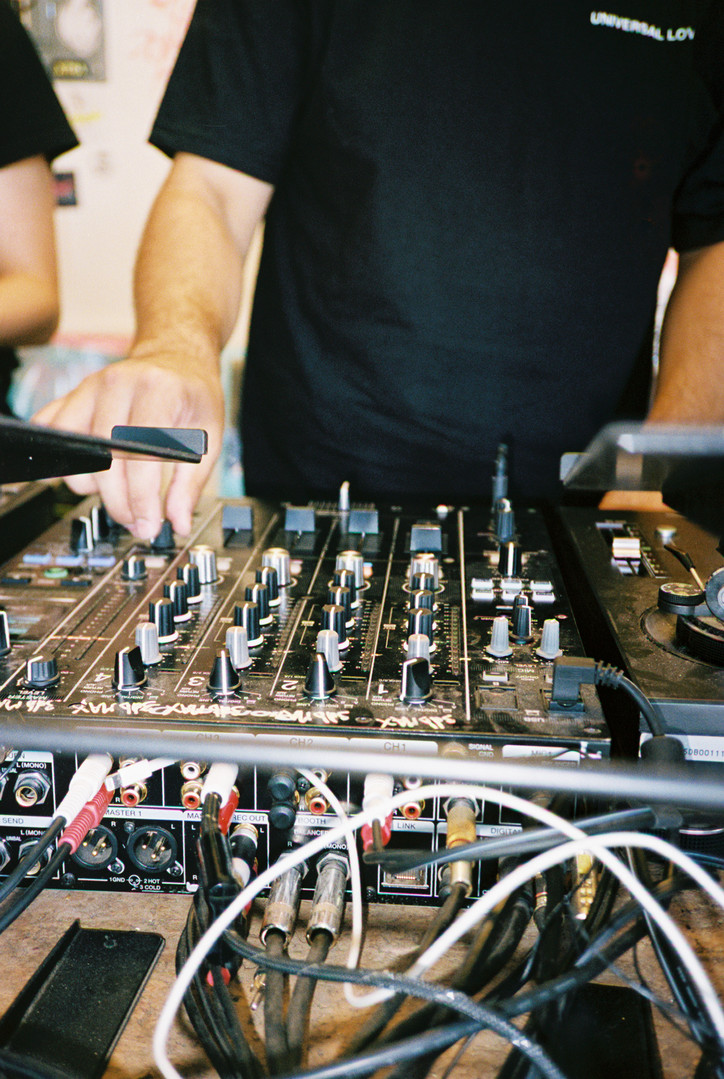
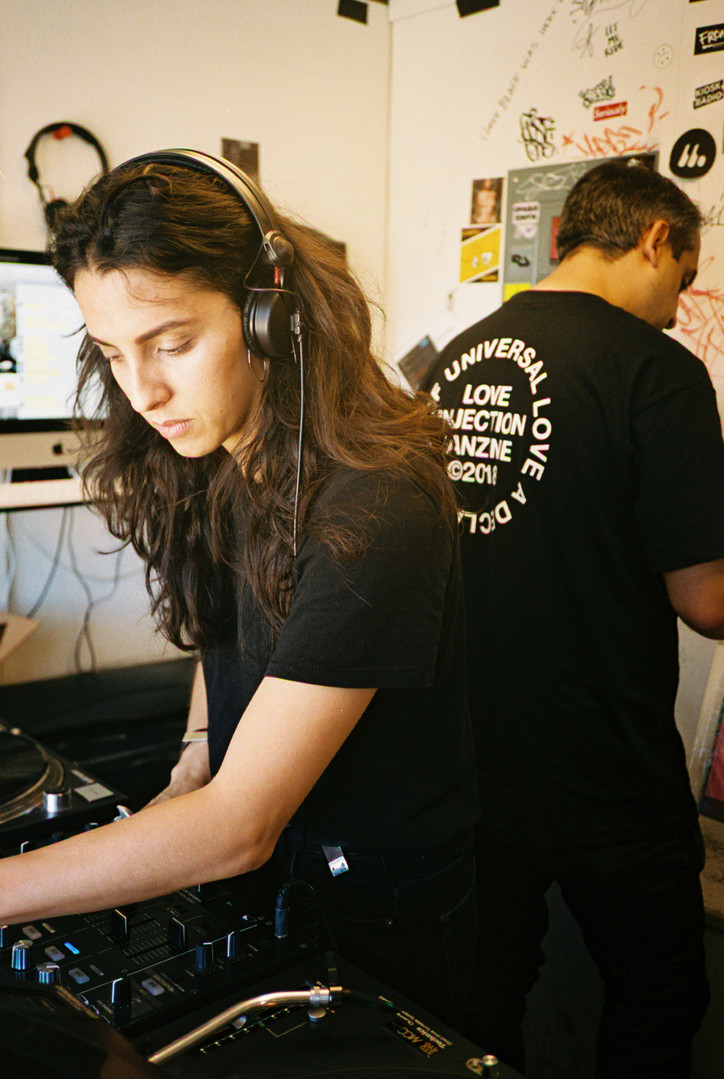
With some many genres of music still being discovered, what’s the creative process like behind deciding what to spin?
B—Having the radio show, you always want to keep playing stuff you’ve never played before. We love buying records, but the reality is that is gets very expensive when you need to turn around music so quickly and you really do become choosier. There’s tools like Bandcamp, but were in a position where people have started sending us their music and that’s incredibly gratifying because you can only dig as far as your time and environment allow.
P—There are days that were not totally inspired by the new stuff. We will never settle less than what we think is fantastic, but that’s the reason why we have thousands of records around us. It’s a really great thing to say that it’s not just matter making cracks in our floors. Every single week we take a fresh look at things and with context of where we are playing. We really make use of all of our records. Sometimes its heavy around the physical side and sometimes heavy on the digital side, but we’re always just digging around.
B—It’s also important to consider context. Each gig has different location, crowd, time and mood. You can’t just play the same set over and over. Your job as a DJ is to draft your journey and hope that people come along with you. Music is not one size fits all and you need to properly prepare for that.
You guys have such a long held respect for music. What’s your earliest musical memory?
B—I think it’s my dad playing music for me. He’s a really big Michael Jackson fan and would play him in the house over the stereo. There’s also this artist, sort of the Argentinian Elvis, named Sandro that he used to sing that around the house a lot.
P—I have to say mine is also Michael Jackson. My parents didn’t really play music a lot, but when I think about their little collection they did have Michael Jackson. My mom had this tape of the making of Thriller, like the behind the scenes making and I remember watching that over and over.
With everything you guys have accomplished taken into account, do you have an all-time favorite session where you felt like everything was kind of euphoric?
P—I’ve had a lot of gigs where the flyer was better than the party actually was, but we’re lucky that those are becoming far and few between. We really try putting in a lot to what we do and these fundraisers are our opportunity to create our own experiences. Just this idea of walking into a raw space, filling it with your own objects, controlling the door, controlling the security, controlling the vessel in which the music comes through and really controlling the narrative from start to finish. Those have been very gratifying to us. The first fundraiser was really something for me.
B—Being DJs for hire, you have a sense of a job to do whether you’re an opener or headliner. But being able to play start to finish, in a space that we control means that we get to gain people’s trust and hold them the whole night. These opportunities allow us to see how weird and far into the deep end we can get.
P—It’s all about shared experiences. You don’t have to call people anymore, you don’t have to go to the grocery store, and when you get on the elevator and there are six people in there all on their phones just relishing in the awkwardness in the moment. You’re rarely ever out of your comfort zone anymore. Walking into these spaces, with people you don’t know. hearing music you’ve never heard before, it’s this kind of equalizer.
Do you guys have any events coming up?
B—We have our third fundraiser at Magick City on August 18, which happens to coincide with Paul’s birthday and issue #40 of Love Injection. We’re also doing a residency at the Ace Hotel every Friday this month.
P—We’re really just excited to keep growing and learning with people who have a similar message.
